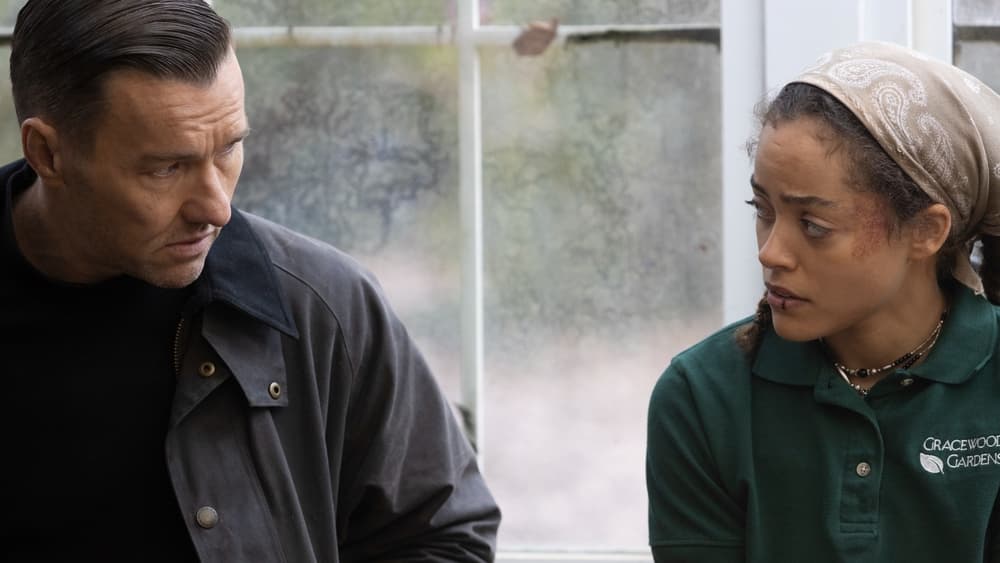For better or worse, Paul Schrader can always be counted on not to shy away from tough subject matter. Unfortunately, in his new film “Master Gardener” — which is finally seeing a US release after premiering at the Venice International Film Festival last year — Schrader's tendency towards the worst parts of humanity is for the worse.
The societal outsider, often men with dark pasts and presents, is a staple of Schrader's work. And if he's interested in how far a man can go and still be redeemable, it will be tough to top the main character in “Master Gardener.” Narvel Roth (Joel Edgerton), a former white supremacist neo-Nazi, now works as a horticulturist at the wealthy Norma Haverhill's (Sigourney Weaver) estate garden. Norma's great-niece Maya (Quintessa Swindell), a biracial, 20-year-old woman with no other family left, is brought in as an apprentice to Narvel despite Norma's racist attitudes towards her. Eventually, Narvel attempts to help Maya kick her drug addiction, and a romance blossoms, though Narvel's past threatens to get in the way.
Schrader is trying to comment on the human capacity for growth and whether or not there are nasty parts of their lives people can grow past. The garden setting and occupation of the main character make for a not-so-subtle metaphor for the character's desire to cultivate growth, both in the plants and himself. Narvel's progress and the state of the garden are linked throughout the film. When the garden is vandalized, it looks like he will revert to his old, violent ways of getting revenge. But his relationship with Maya keeps him from going over the edge. Narvel's journey culminates in a dream sequence toward the end when he and Maya drive down a country road. Everything around them begins to bloom simultaneously, symbolizing how he has fully grown past his previous life and been born again.
This storyline could make for a fascinating character study, but the viewer enters the narrative when it appears Narvel's growth has already occurred. We get hints of Narvel's past via flashbacks, but those are few and far between, and we aren't given any insight into his mindset at the time. We assume his beliefs because we know what white supremacists believe, see the tattoos, and witness multiple brutal acts of violence. Still, we never feel the growth of the character because we never spent enough time with who he was before. Schrader may have wanted to avoid spending too much time with Narvel as a white supremacist because he might have repulsed the audience too much to come back from once he changes. But what we are left with is a dull exploration of regret and the search for the last bit of redemption Narvel needs to feel good about himself again.
The narrative isn't helped by the fact that it suggests Narvel helping this young biracial woman beat her drug addiction somehow absolves him of murdering a Black preacher (and possibly other people of color, although the audience isn't given any indication to the extent of Narvel's violence). Yes, he's also been working with federal agents to fight white supremacy for years, but Narvel can't fully move past his previous life until he helps Maya. That is what makes him worthy of redemption. It's a ridiculous assertion, and the film doesn't do enough legwork to make the idea halfway plausible.

